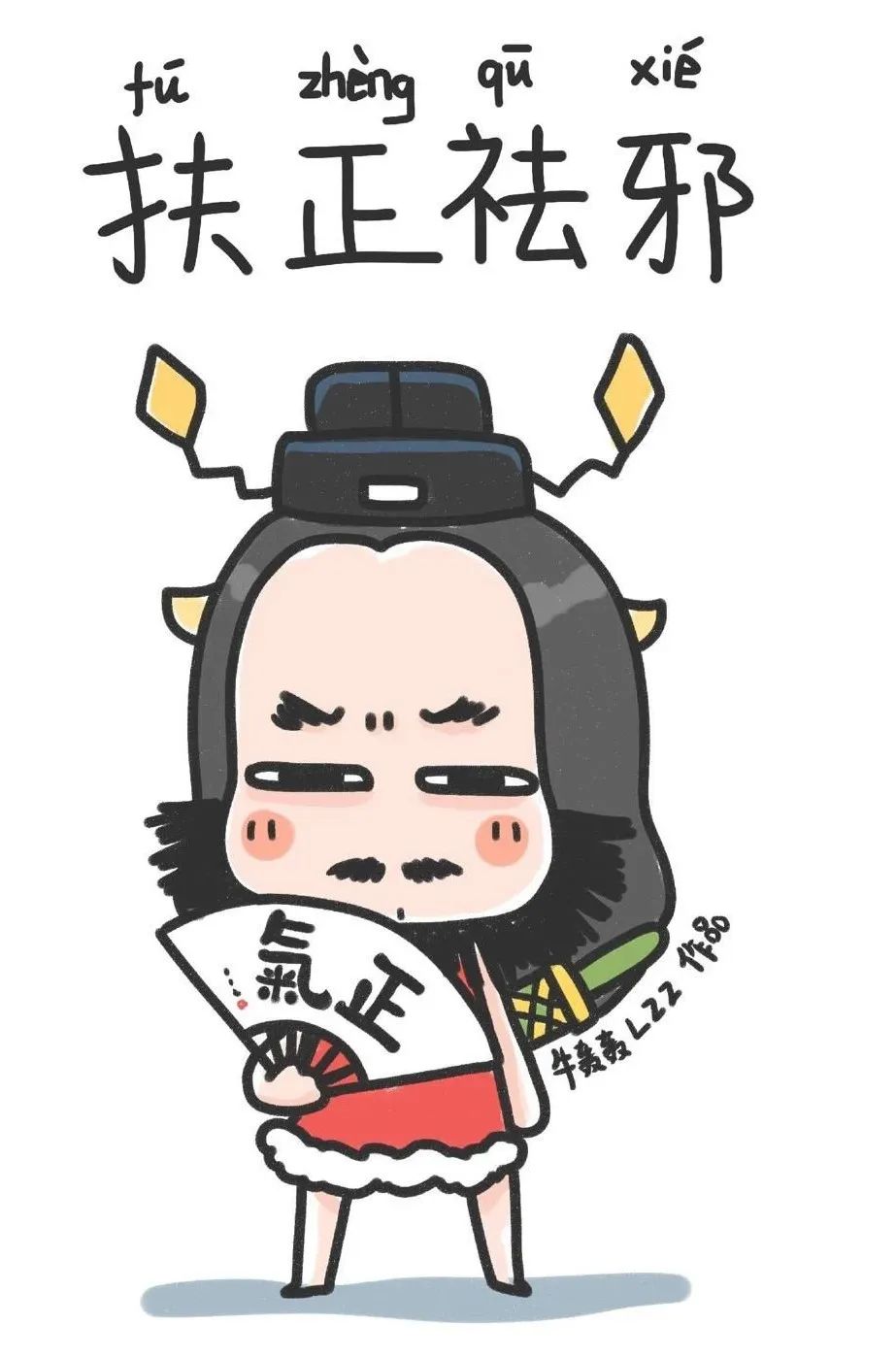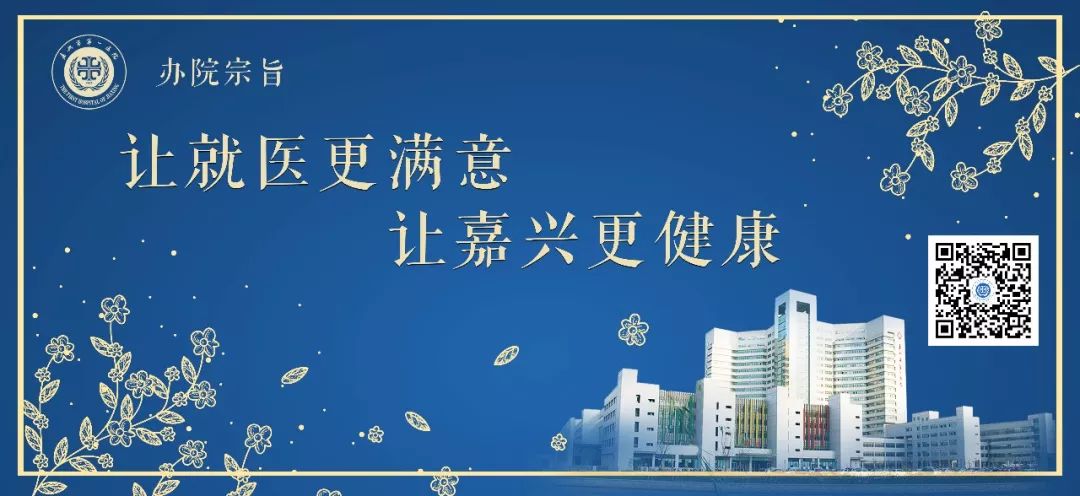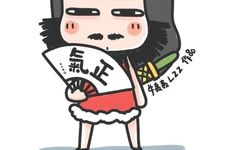

Qian Xiaqi
Department of Acupuncture, Traditional Chinese Medicine
Attending Physician
Specialization: Treatment of facial paralysis, neck and lower back pain, gastroenteritis, arthritis, etc.
Exploring the profound knowledge of Traditional Chinese Medicine (TCM) through classic idioms makes complex medical principles more accessible.
With a rich history of over 5,000 years, Traditional Chinese Medicine has cultivated a unique culture that integrates the four diagnostic methods of observation, listening, inquiry, and palpation. Throughout its formation and development, TCM has harmoniously blended with China’s unique cultural, philosophical, and various schools of thought. The teachings of Confucius and Mencius, the Dao of Laozi and Zhuangzi, as well as numerous references to TCM knowledge in the four great classical novels of China, all highlight the humanistic qualities of TCM.

Supporting the Right and Expelling the Evil
Please Input
When it comes to TCM, many people have heard the term: “Supporting the Right and Expelling the Evil.” But what do ‘Right’ and ‘Evil’ mean? In what situations do we need to “support the right,” and in which diseases do we need to “expel the evil”? How do we go about this? We can explore these questions in a straightforward manner.


Right Qi, or Yuan Qi (Original Qi), is described in the Spring and Autumn Annals as: “Yuan is the foundation of all things,” indicating that Yuan Qi is the essence of the human body and the source of life’s vitality. It is divided into congenital Qi and acquired Qi. Congenital Qi refers to the essence passed from the mother to the fetus, which can be understood as the innate essence and immunity; while acquired Qi is the refined substance produced through the digestive absorption of the spleen and stomach, indicating that postnatal nourishment can compensate for congenital deficiencies.
Evil refers to pathogenic factors that harm the human body, which can be divided into internal and external causes. Internal causes often refer to imbalances in Qi, blood, Yin, and Yang due to dietary and emotional factors, leading to various endogenous diseases. External causes mainly refer to the six excesses (wind, cold, heat, dampness, dryness, fire) that harm the body, including a category of highly infectious external evils known as “epidemic toxins” or “malignant Qi,” which are notorious for their strong infectivity, rapid onset, and severe conditions, such as COVID-19, SARS, and dengue fever.

 The sudden outbreak of the “COVID-19” pandemic has swept across the globe, causing severe damage to millions of lives. This pandemic has also prompted us to reflect on the importance of our immune system, which is the most crucial and final line of defense for human life. Only with a complete immune system can we combat various pathogens. There is an ancient saying in TCM: “When Right Qi is preserved internally, evil cannot invade,” which succinctly illustrates this principle. We already know that congenital Qi accompanies life from birth and cannot be changed, but postnatal nourishment can significantly compensate for congenital deficiencies. For instance, premature infants, low birth weight infants, and those with congenital weakness, as well as many patients with chronic debilitating diseases who have various symptoms of weakened Right Qi, are excellent candidates for applying the TCM principle of “supporting the right and expelling the evil.”
The sudden outbreak of the “COVID-19” pandemic has swept across the globe, causing severe damage to millions of lives. This pandemic has also prompted us to reflect on the importance of our immune system, which is the most crucial and final line of defense for human life. Only with a complete immune system can we combat various pathogens. There is an ancient saying in TCM: “When Right Qi is preserved internally, evil cannot invade,” which succinctly illustrates this principle. We already know that congenital Qi accompanies life from birth and cannot be changed, but postnatal nourishment can significantly compensate for congenital deficiencies. For instance, premature infants, low birth weight infants, and those with congenital weakness, as well as many patients with chronic debilitating diseases who have various symptoms of weakened Right Qi, are excellent candidates for applying the TCM principle of “supporting the right and expelling the evil.”
TCM believes that the treatment of diseases follows the principle of “attacking and defending simultaneously.” A treatment approach that focuses solely on “expelling evil” can inevitably harm the Right Qi, which is fundamental to the human body. Insufficient Right Qi can “invite thieves into the house,” worsening the condition. Therefore, while “expelling evil,” it is essential to emphasize “supporting the right.” Depending on the condition, one can prioritize supporting the right while expelling evil as a secondary measure, or apply both attacking and supplementing methods. This way, “expelling evil without harming the right” can complement each other, achieving a more effective therapeutic outcome.

There is a misconception that needs correction: many people simply believe that taking supplements or tonics can enhance immunity and support Right Qi, but this is not the case. TCM views the human body as a whole, and everything must achieve a balance of Yin and Yang to be harmonious and healthy. Therefore, various tonic herbs such as ginseng, deer antler, donkey-hide gelatin, Dendrobium, and Cordyceps also have properties of cold, heat, warm, and cool, which need to be selected based on one’s current condition, and one must avoid the erroneous notion of “choosing medicine based on price.” The so-called price is merely a product attribute in the market economy, closely related to its scarcity and artificial speculation, and does not fully reflect its medicinal value. The saying “ginseng kills without fault, rhubarb saves without merit” illustrates this principle. For example, would it be appropriate to wear an expensive mink coat in the summer?
Whether one needs to supplement and how to choose suitable tonics to support the right is another topic we can discuss next time.
 Editor: Yan XiaowenProofreader: Zhu ShengtangReviewer: Yu Xinhong
Editor: Yan XiaowenProofreader: Zhu ShengtangReviewer: Yu Xinhong


